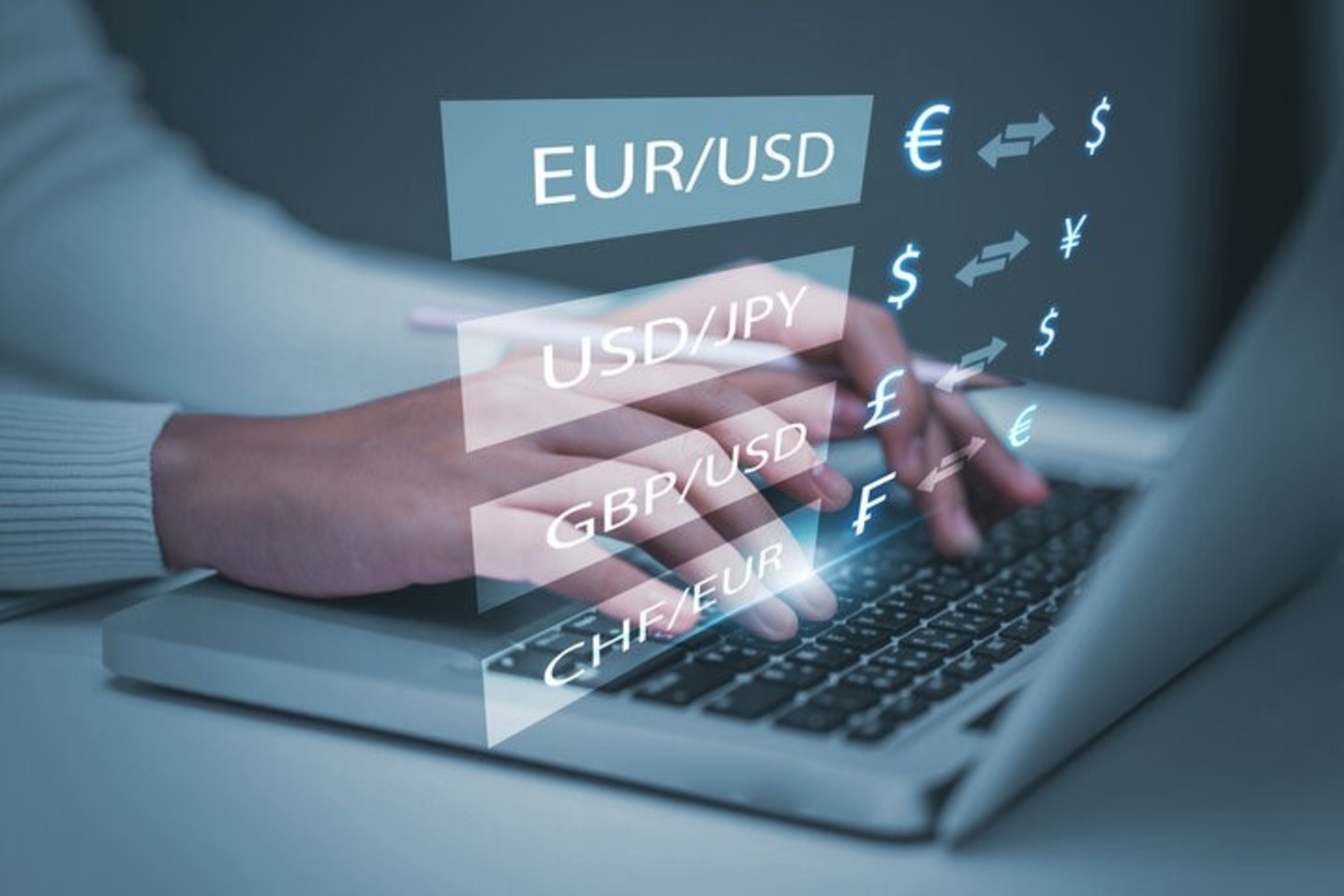


The Importance of a Skilled Futures Broker
In the world of futures trading, where decisions must often be executed in seconds, the presence of a skilled futures broker can make the difference between success and failure. Futures markets are volatile, highly leveraged, and unforgiving to hesitation or technical breakdowns. Traders, whether new or experienced, rely on more than just a platform—they need expertise, reliability, and access to professional support.
This is where futures brokers step in. Far from being mere intermediaries, they serve as strategic partners, offering everything from risk management strategies to real-time execution support. The role of a futures broker is multifaceted: they help traders gain access to leverage, diversify portfolios, hedge risks, and, most importantly, provide a lifeline when technology falters.
Among the most respected names in the industry, E-Futures.com embodies every benefit a professional futures brokerage should deliver. With decades of experience, a stellar reputation among regulators, 5-star TrustPilot ratings, and the advanced CannonX platform powered by CQG, E-Futures.com represents the gold standard of brokerage excellence.
Why Futures Brokers Are Essential to Traders
1. Access to Leverage
One of the defining features of futures trading is leverage. Traders can control a large notional value of an asset with a fraction of the capital. While this magnifies profit potential, it also amplifies risk. A skilled futures broker ensures traders understand how to manage leverage responsibly. They provide educational resources, margin requirement guidance, and personal support when markets move faster than expected.
Without the oversight of experienced futures brokers, traders risk overleveraging their accounts, leading to unnecessary losses. By contrast, working with a reputable brokerage like E-Futures.com ensures leverage becomes a tool for strategic growth, not reckless exposure.
2. Diversification Across Asset Classes
Futures markets are not limited to commodities like oil, corn, or gold. Today, traders access financial futures, interest rates, equities, energy, metals, and even cryptocurrency futures. A seasoned futures broker helps clients diversify their strategies, providing insights into correlated markets and opportunities to spread risk.
Diversification is not just about profit—it’s about protection. By working with futures brokers who understand cross-market relationships, traders can avoid concentration risks and enhance portfolio resilience.
3. Hedging Market Exposure
Many futures traders aren’t speculators but hedgers—farmers, corporations, and institutional investors who need to lock in prices or protect positions. A professional futures broker plays a critical advisory role, ensuring hedging strategies are structured correctly and executed efficiently.
Whether protecting against rising interest rates or shielding against commodity price swings, futures brokers translate complex strategies into actionable trades. Their role is crucial in aligning a trader’s or firm’s long-term financial interests with short-term market execution.
4. Emergency Execution Support
Technology is powerful, but it is not infallible. Trading platforms crash, internet connections fail, and unforeseen system outages happen. In such moments, the availability of a futures broker is lifesaving.
A skilled futures broker is just one phone call away, able to execute orders on behalf of clients when platforms go offline. This support ensures traders can exit losing positions quickly, add protective trades, or enter opportunities without being locked out of the market.
E-Futures.com excels in this area, offering round-the-clock assistance with experienced brokers who understand urgency. For traders, knowing that a professional is ready to act at a moment’s notice provides immeasurable peace of mind.
How E-Futures.com Embodies Brokerage Excellence
Decades of Experience in Futures
With decades in the futures industry, E-Futures.com has weathered every type of market condition—booms, crashes, volatility spikes, and regulatory shifts. Their longevity reflects stability and the trust of thousands of traders who rely on consistent, professional support.
Exemplary Regulatory Reputation
E-Futures.com has an impeccable reputation with federal and independent futures regulators. This not only reassures traders about compliance and safety but also speaks to the brokerage’s commitment to ethical practices. In an industry where reliability is non-negotiable, working with a futures broker of proven credibility is critical.
Traders speak volumes through reviews, and E-Futures.com consistently receives 5 out of 5 stars on TrustPilot. These reviews highlight personalized service, fast execution, and a deep understanding of client needs. Unlike generic platforms, E-Futures.com prioritizes traders’ success through individualized support.
CannonX Powered by CQG: A Leading Futures Trading Platform
At the technological core of E-Futures.com is CannonX powered by CQG, a state-of-the-art futures trading platform. CQG is renowned for its execution speed, advanced charting tools, and low-latency order routing. By pairing such a platform with personalized broker support, E-Futures.com offers traders the best of both worlds—cutting-edge technology and human expertise.
The Strategic Partnership Between Traders and Brokers
A skilled futures broker is not simply an order-taker; they are a partner in the trading journey. This partnership encompasses:
- Education and Guidance: Helping traders understand market mechanics and risks.
- Risk Management: Offering strategies to protect accounts from extreme volatility.
- Market Access: Providing insights into niche futures contracts beyond mainstream indices or commodities.
- Execution Reliability: Acting immediately in emergencies when systems fail.
- Personalized Service: Tailoring advice and solutions to each trader’s style and objectives.
This blend of technology and human support makes the brokerage-trader relationship one of the most valuable assets in trading.
Linking to Related Futures Blog Posts
For traders eager to explore more, E-Futures.com offers a rich futures trading blog with educational insights and platform guides. Recommended readings include:
- Best Futures Broker to Trade in Futures | e-futures.com
- Futures Trading: A Guide | e-futures.com
- SP 500 index futures | e-futures.com
- Futures Trading Plans | e-futures.com
- Algorithmic Trading in Futures Markets | E-Futures Blog
These posts expand on the role of futures brokers and strategies that traders can apply immediately.
Futures trading demands precision, speed, and resilience. A skilled futures broker provides not just access to markets but also strategic guidance, emergency execution, and ongoing support. Traders benefit from leverage, diversification, and hedging strategies—all made safer and more effective through a broker’s expertise.
E-Futures.com stands as a model brokerage, combining decades of trust, regulator-approved credibility, 5-star client satisfaction, and cutting-edge technology with CannonX powered by CQG. For any trader serious about building a sustainable and profitable futures trading career, choosing a reliable futures broker like E-Futures.com is not optional—it’s essential.
Disclaimer: Trading Futures, Options on Futures, and retail off-exchange foreign currency transactions involve substantial risk of loss and are not suitable for all investors. Past performance is not indicative of future results. Carefully consider if trading is suitable for you in light of your circumstances, knowledge, and financial resources. You may lose all or more of your initial investment. Opinions, market data, and recommendations are subject to change at any time.
Important: Trading commodity futures and options involves a substantial risk of loss. The recommendations contained in this article are opinions only and do not guarantee any profits. This article is for educational purposes. Past performances are not necessarily indicative of future results.
This article has been generated with the help of AI Technology and modified for accuracy and compliance.
Follow us on all socials: @cannontrading












